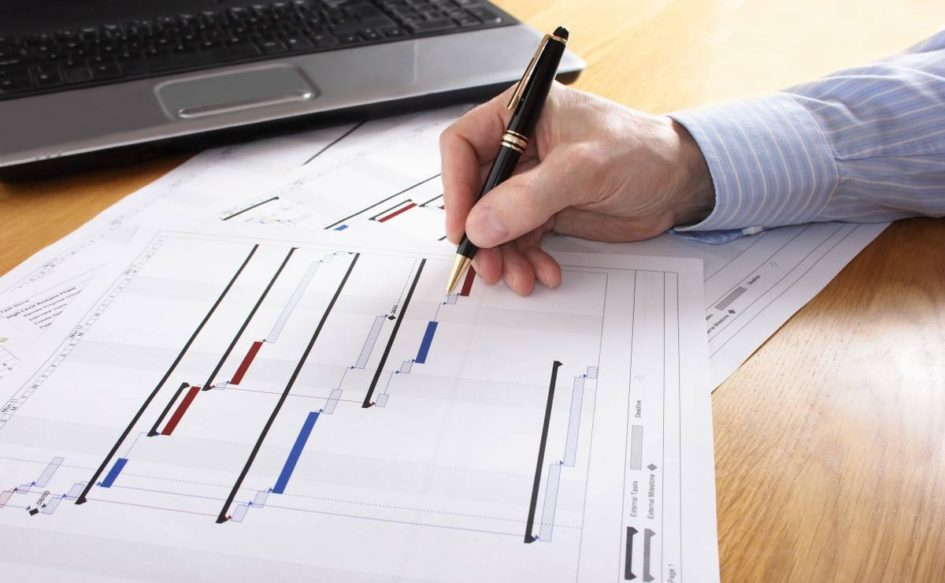Any small business owner will tell you that success lies in getting customers to settle their bills on time, and it can be infuriating when this doesn’t happen.
Sending out constant reminders is time and resource consuming, and the longer an invoice goes unpaid, the more likely it becomes that it never gets paid. So, for the continuing health of your business you need to have in place a robust credit control system.
How Credit Control Can Help You
First of all, good credit control is not about constantly chasing customers for payment. Rather, it is about managing payments and debts in as professional and timely way as possible. Building a positive relationship with your customers is the first step in order to make that conversation about unpaid invoices that bit easier.
Credit control ensures that credit is given only to customers who can pay, and pay on time. It is an essential tool for any business to help improve cash flow and reduce the incidence of bad debt.
Assess the Risk Right from the Start
Before you even begin dealing with a new customer you must pre-assess the risk. That is, assess whether the customer is likely to be able to pay their bill before you decide to extend credit to them. Do your research on them to look for signs of robustness or otherwise in their business. This could help you to lower your risk of being owed money by a customer who is about to go into administration.
Signs that a business could be struggling can include:
- They always pay late
- They say they are waiting for their customer to pay them
- A customer who previously paid on time suddenly stops
- Invoices or emails are returned or ignored
If you see any of these signs it is time to get your invoices to them escalated. You could do this through a professional debt collection service.
Get Your Invoicing Right
It will help you enormously to get to know your customer’s payment processes. This will ensure your invoice to them is correct and legal. Most companies nowadays generally have a once-monthly payment run. So, if you submit an invoice which is wrong in some way this could mean you having to wait even longer to receive payment. If your invoice is incorrect, the customer will not always inform you. This means you will have to chase them to find out why payment is delayed. Get it right and don’t give them the chance to pay late.
Overdue Invoices
Jump on these straightaway by talking to the customer in a calm and polite manner. At the same time indicate to them that you are legally allowed to add late payment interest and compensation charges to the debt and, if payment is unforthcoming, pass it on to a debt collection agency.
Outsource Your Credit Control?
To avoid using valuable time chasing unpaid invoices consider outsourcing the job to a specialist as and when needed and move that debtor book cash into your bank account where it should be.

1 Pingback